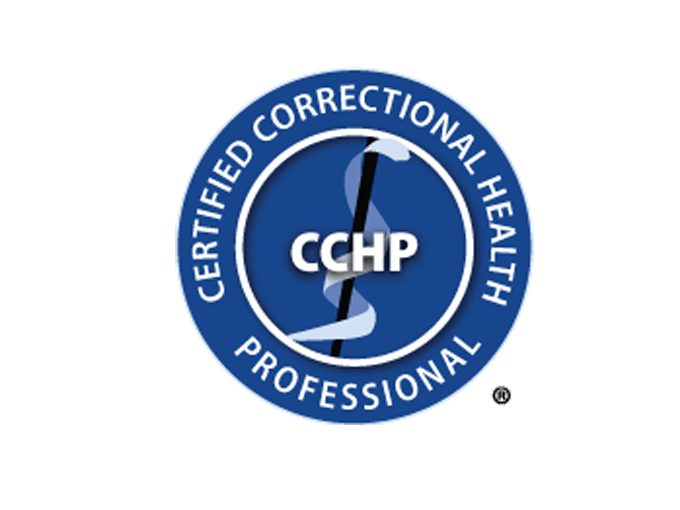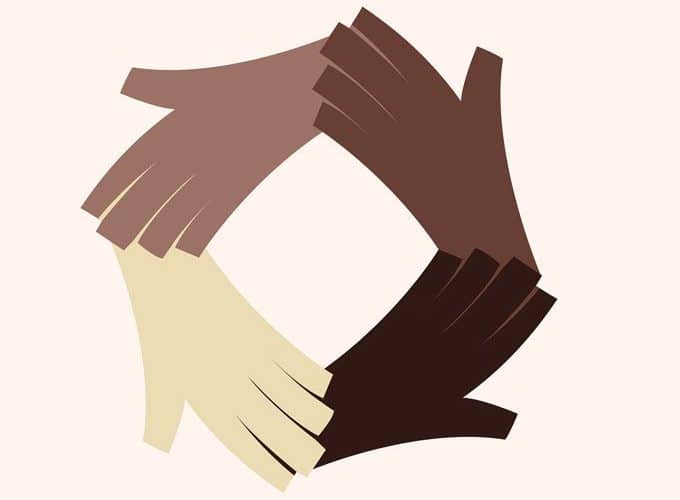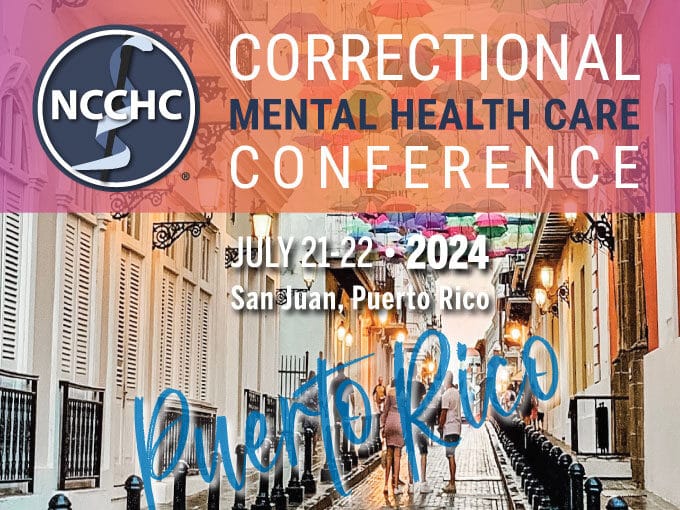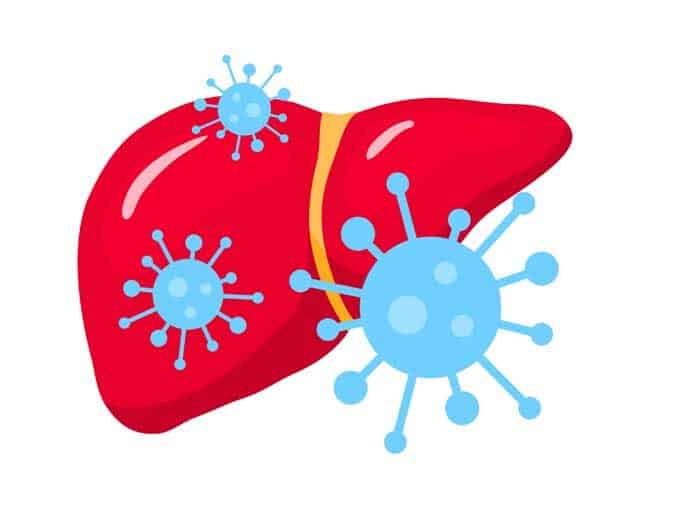
Scholarships Available for CCHP Certification and Study Materials
Five scholarships are available that pay for CCHP testing and study materials.
Home NCCHC Issues Position Statement on Racism in the Juvenile Legal System
 Feb 15, 2023
Feb 15, 2023Working with young people keeps us honest, as they are often less in tune with what we say we say, but laser-focused on what we do. As such, our efforts to create anti-racist environments must be action-oriented. We must “walk the talk” despite the discomfort. To that end, NCCHC has issued a position statement, titled “Addressing Systemic, Structural, and Institutional Racism in the Juvenile Legal System.” The statement was drafted by the Juvenile Health Committee, a multidisciplinary committee with representation from different settings around the country.
Background
Young people of color, particularly Black youth, are disproportionately represented in the juvenile legal system. Because of racial bias in policing practices and a confluence of socioeconomic factors, they are overrepresented at every point of contact from arrest to referral to court and ultimately, sentencing to detention facilities. The pervasive criminalization of misbehavior of school-aged Black youth has created the school-to-prison pipeline and resultant poorer health and social outcomes.
Action Steps
NCCHC acknowledges the fundamental role that systemic, structural, and institutional racism play in every aspect of the juvenile legal system – both internal and external to juvenile facilities – and recommends that correctional health professionals, administrators, and decision-makers take intentional steps to address racism in all its forms and to mitigate its impact on the health of court-involved youth. These steps include:
While the NCCHC acknowledges the detrimental impact of these issues across the broader justice system and society, this position statement developed by the Juvenile Health Committee is focused on the experiences and outcomes of court-involved youth.
By Kenya Key, Psy.D., CCHP-MH, member of the Juvenile Health Committee, Deputy Director of Health Services, DC Department of Youth Rehabilitation Services


